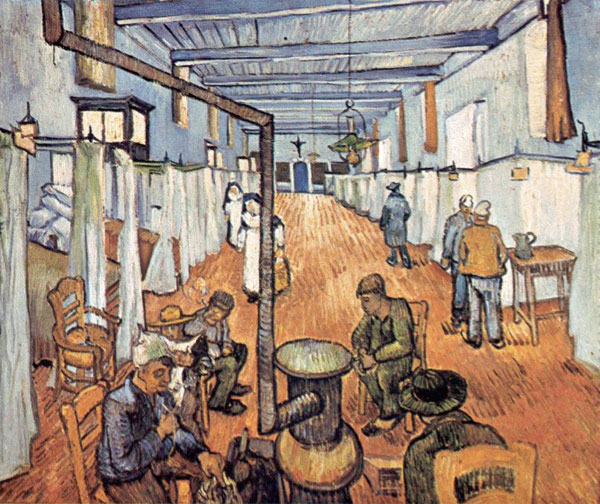University nursing lecturers and their values
Abstract
Research was conducted at the University Centroccidental Lisandro Alvarado (UCLA) Lara State which used the quantitative methodology with a correlational design in three stages:Stage One: the diagnostic stage which aimed to ascertain if knowledge about human values were adequate in the training process of nursing. Before the educational intervention, a 20 question survey with dichotomous choices, created by the authors, was applied.
Stage Two: the actual intervention where the project was contextualized in values, defined as a project, created and adapted to the population under study at UCLA. To accomplish this, a time was assigned to the activity with the support of the Department of Nursing and the Teaching Committee at UCLA. It was Monday afternoons (2 pm to 6 pm) between April and May, for six weeks during 2008 and 2009.
Third stage: Evaluation of the intervention. To assess the level of knowledge of teachers on their values after developing the educational project, the same survey of the first stage was applied, which was validated by Cronbach’s Alpha, which reported 0.85 of reliability. The sample consisted of 63 teachers from the Department of Nursing, UCLA, according to statistics from 2007-2008, and the sample of 36 teachers from the Reproductive Health and Community sections. For the analysis of the data, the percentage was used as a summary measure together with the Mc Nemar technique. It was found that from the total of 36 participating teachers, 25 (65%) had inadequate knowledge before the intervention, but following the contextualized educational project in values, 22 (82%) reached the opposite category, while 11 teachers (35%) who possessed the required information prior to the educational work, kept and enriched this after the educational project.
We conclude that suitable knowledge of the values will allow these teachers’ actions to be always directed towards the cognitive-rational, emotional and volition of the person they are educating. This is why importance should be given to teacher training in this area of knowledge, often forgotten or left aside in the belief that perfection is more important in the procedures for Human Care.
Downloads
-
Abstract400
-
PDF (Español (España))169
The works published in this magazine are subject to the following terms:
1. The Publications Service of the University of Murcia (the publisher) preserves the copyright of the published works, and encourages and allows the reuse of the works under the license for use stated in point 2.
© Servicio de Publicaciones, Universidad de Murcia, 2011 (© Publications Service, University of Murcia, 2011)
2. The works are published in the electronic edition of the journal under Creative Commons Reconocimiento-NoComercial-SinObraDerivada 3.0 España(texto legal) “ a Attribution-NonCommercial-NoDerivatives 3.0 Spain license (legal text)”. They can be copied, used, broadcasted, transmitted and publicly displayed, provided that: i) the authorship and original source of their publication (journal, publisher and URL) are cited; (ii) are not used for commercial purposes; iii) the existence and specifications of this license is mentioned.
3. Conditions of self-archiving. Authors are allowed and encouraged to electronically disseminate the pre-print (pre-reviewed ) and / or post-print (reviewed and accepted for publication) versions of their works prior to publication, as it ensures a wider circulation and dissemination which may lead to a possible increase in its mention and a higher scope among the academic community. RoMEO color: green.













